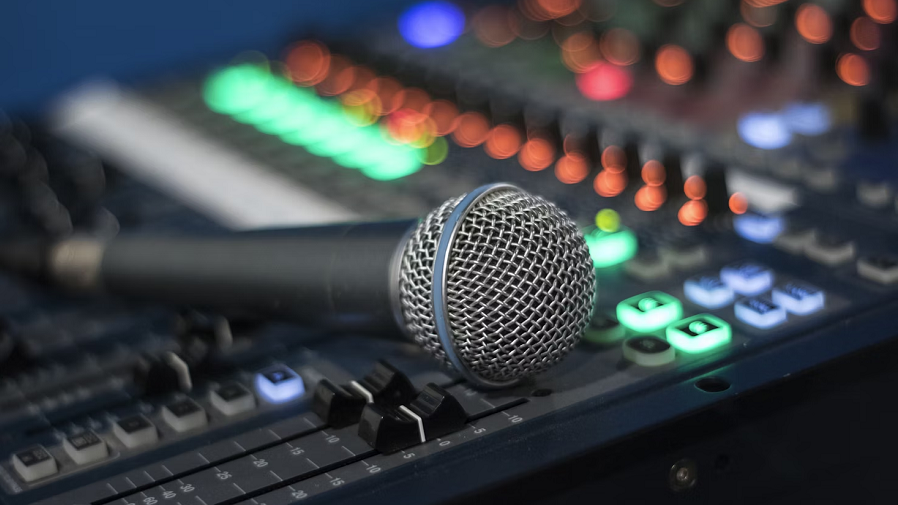 AI
AI
 AI
AI
 AI
AI
Suno Inc., a startup with a popular music generation service, today announced that it has closed a $250 million Series C investment.
Menlo Ventures led the funding round. It was joined by Hallwood Media, Lightspeed, Matrix and Nvidia Corp.’s NVentures startup fund. Suno is now worth $2.45 billion, more than quadruple the valuation it received following its last funding round.
The valuation bump may signal investor confidence in the company’s ability to address copyright concerns. Last year, three record labels sued Suno for allegedly using copyrighted music without permission to train its artificial intelligence models. They also sued a rival startup called Udio Inc. Two of the three record labels ended their litigation against Udio this month, a potentially positive sign for Suno.
Massachusetts-based Suno provides a freemium music generation service of the same name. Users can generate a track by specifying its lyrics, genre and whether the vocals should be accompanied by instruments. Suno also makes it possible to upload reference audio as part of the customization workflow.
The company generates revenue with two paid product tiers offer more features. There are higher usage limits and additional editing options, including the ability to replace specific sections of a track with external audio.
Suno’s most expensive subscription, the Premier plan, starts at $24 per month. It includes a so-called digital audio workstation called Suno Studio. A digital audio workstation is a virtual version of the specialized computers musicians use to record and mix tracks.
Many AI music generators are powered by an algorithm derived from the transformer architecture, the go-to design for large language models. In some cases, the transformer is integrated with a second AI called an autocoder. The autocoder turns raw audio into a compressed mathematical representation that is easier to process.
In theory, a music generator can process raw audio directly without using a compressed representation. However, the complexity of music files can make that approach impractical. A single four-minute song comprises 10 million data points called timesteps that have to be processed individually if they’re not compressed by an autocoder.
Suno disclosed today that nearly 100 million users have signed up for its platform to date. According to the Wall Street Journal, the company is generating about $200 million in annual sales. Most of that revenue comes from subscriptions to Suno’s paid tiers.
The demand for music generators could draw the attention of larger AI providers such as OpenAI Group PBC, which is no stranger to the technology. In 2020, it open-sourced a music generation algorithm called Jukebox. OpenAI’s considerable financial resources may enable it to secure training data licensing deals with major record labels.
Support our mission to keep content open and free by engaging with theCUBE community. Join theCUBE’s Alumni Trust Network, where technology leaders connect, share intelligence and create opportunities.
Founded by tech visionaries John Furrier and Dave Vellante, SiliconANGLE Media has built a dynamic ecosystem of industry-leading digital media brands that reach 15+ million elite tech professionals. Our new proprietary theCUBE AI Video Cloud is breaking ground in audience interaction, leveraging theCUBEai.com neural network to help technology companies make data-driven decisions and stay at the forefront of industry conversations.